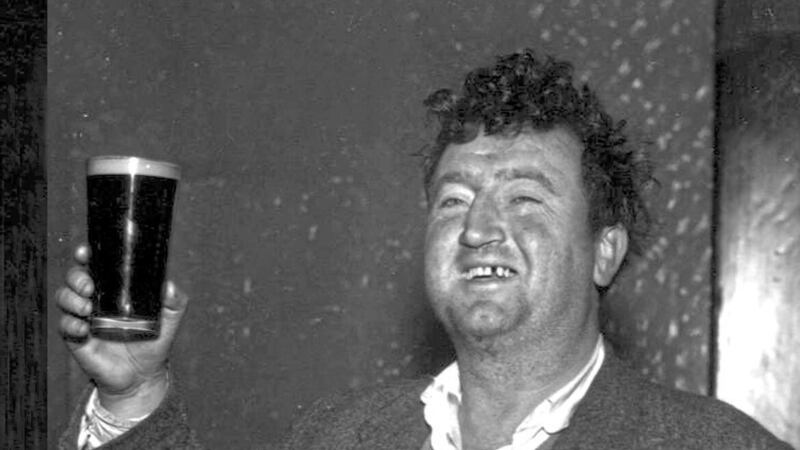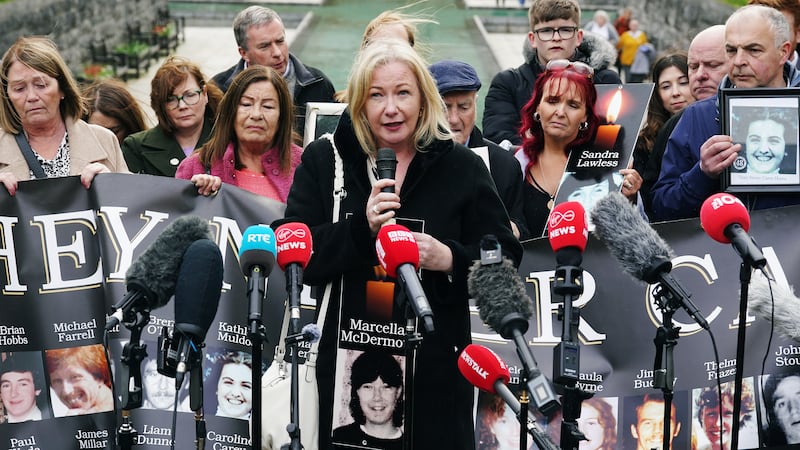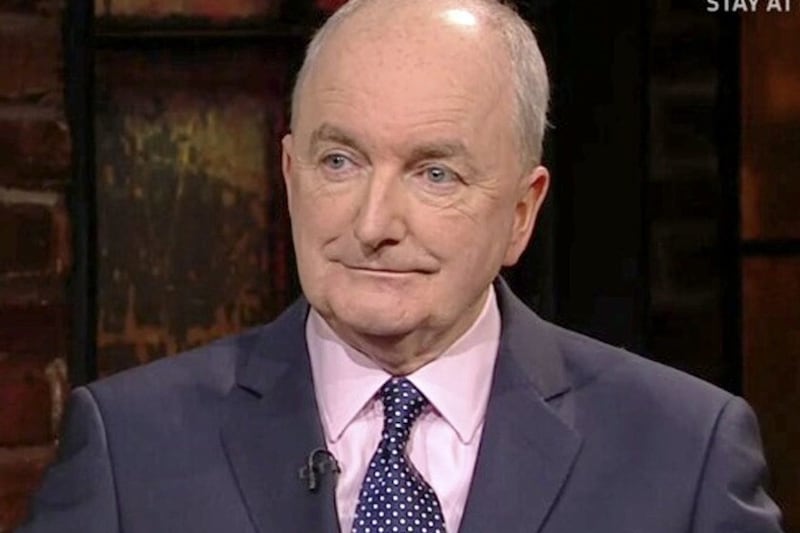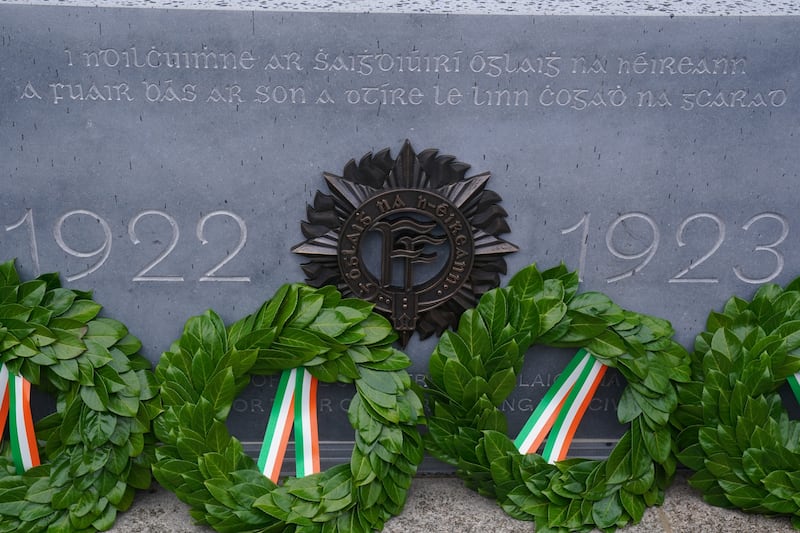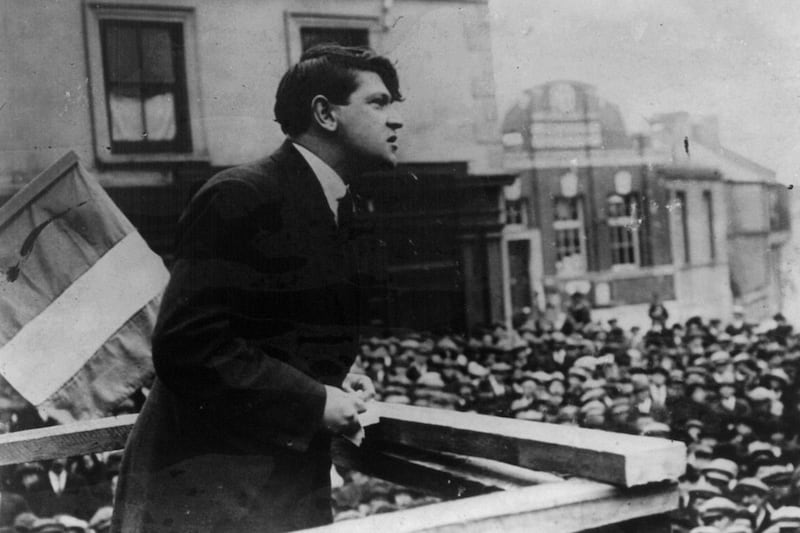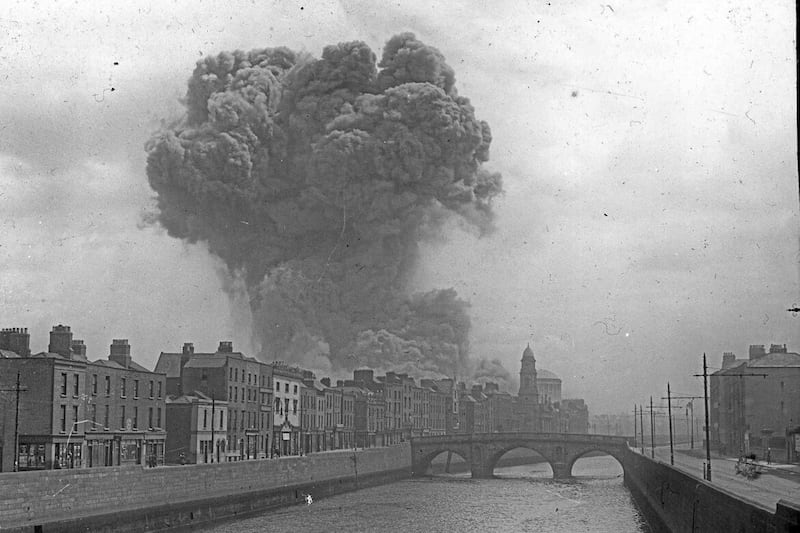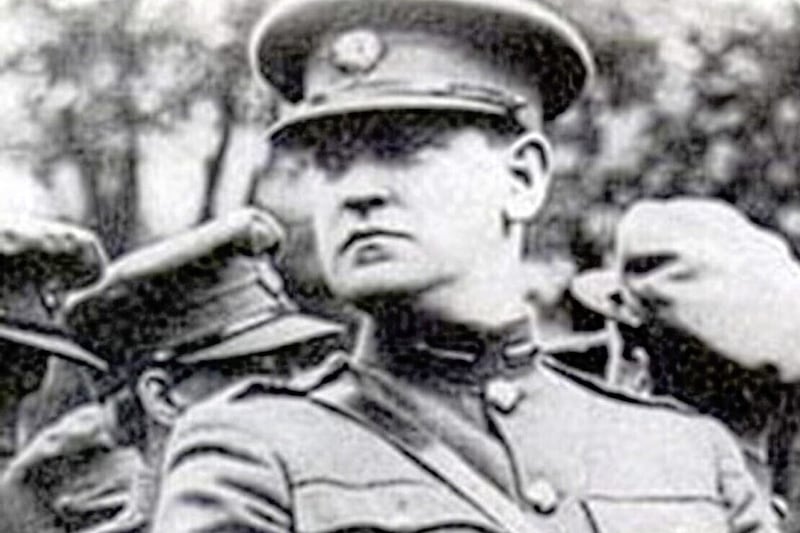A NEW Irish language documentary is to tell the story of how a song written about Michael Collins' assassination became an anthem against the far right dictatorship that took power in Greece 45 years after his death.
An Buachaill Gealgháireach, which is being screened on TG4 next week, focuses on ballad The Laughing Boy, written by Dublin poet and writer Brendan Behan.
He wrote it as a teenager in honour of his mother Kathleen, a member of Cumann na mBan who acted as a courier during the Easter Rising and knew Michael Collins personally, referring to him as 'my laughing boy'.
Their friendship later inspired her son's ballad that speaks of how "an Irish son with a rebel gun shot down my laughing boy".
Bringing #Ireland's #History to Life️️
— Rob Cross (@RobCross247) August 19, 2022
My colourised 1922 footage features Michael Collins election canvassing in West Cork and addressing a large gathering about the Anglo-Irish Treaty in the city of Cork.
by Liam O'Flynn & Planxty-Sí Bheag, Sí Mhór
#TheColourOfIreland pic.twitter.com/QyLmb9dNpU
The new documentary is being screened as part of programming to mark the centenary of Collins' assassination in 1922.
More than 5,000 people are expected to attend Sunday's commemoration marking the 100th anniversary of the ambush at Béal na Bláth in west Cork. It will be marked by a historic joint address by the Fianna Fáil leader and Taoiseach Micheál Martin and Fine Gael leader Tánaiste Leo Varadkar.
In the documentary, poet Theo Dorgan explores how Behan's ballad went on to have a new life as an inspiring left wing anthem at the other end of Europe. The song was translated into Greek by poet Vassilis Rotas and set to music by famous Greek composer Mikis Theodorakis, who scored 1964 movie Zorba the Greek.
It became an anthem of resistance against the far right Greek junta that overthrew the Athens government in 1967 and ruled until 1974.
The regime was known for imprisoning and torturing political opponents, and the ballad, 'To Gelasto Paidi', became one of the songs most associated with the era and the resistance movement.
It is often linked with the 1973 protest against the junta by students at Athens Polytechnic, which was attacked by the regime, leading to the death of 40 people while hundreds more were injured.
The new documentary, which is directed by Alan Gilsenan and was filmed in both Ireland and Greece, outlines how the song "remains an enduring and potent cultural force in the heart of Greece today".
In the film, Theo Dorgan explains how both the Irish and Greek versions capture "some idea, perhaps, of the eternal rebel, some embodiment of revolt against small destiny, tyranny, the forces that tend always and everywhere to diminish if not actually crush our sense of the necessary largeness of life and the imagination."
An Buachaill Gealgháireach will be shown on TG4 on August 24 at 9.30pm.
